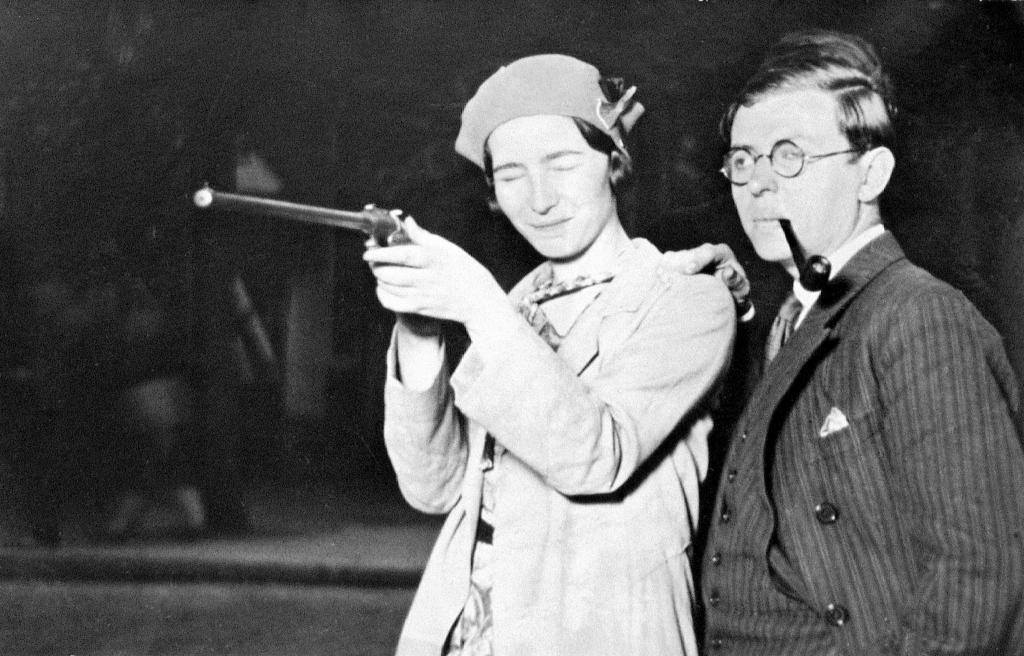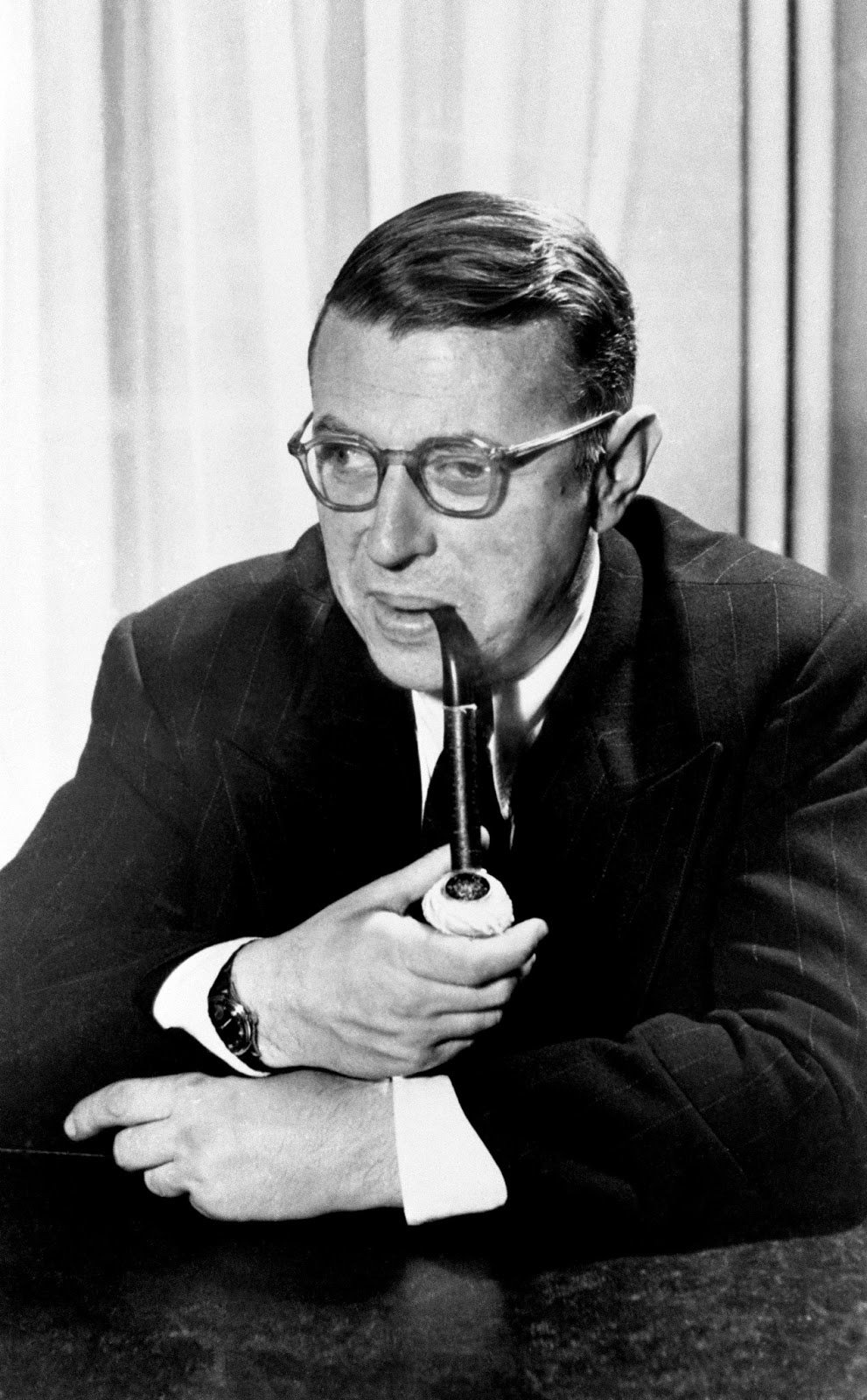Remembered how one of the most brilliant thinkers of the 20th century, Jean-Paul Sartre is one of the greatest exponents of existentialism.
Who was Jean-Paul Sartre
Jean-Paul Sartre (Paris, 21 June 1905 – Paris, 15 April 1980) was a French philosopher, writer and literary critic.
It grows together with the middle-class family surrounded by important figures such as his grandfather who provided him with the first school tools.
He soon discovers thelove of literature which becomes a refuge when facing the difficulties of life, especially during adolescence when it comes bullied by comrades for his character and his unconventional physical appearance.
The formation of thought and political interest
After high school he starts the university in Paris where graduated in philosophy learning several aspects of psychology at the same time. During these years he met Simone de Beauvoir with whom he began a strong bond both intimate and working.

It also approaches the world of politics studying from the texts of the greatest philosophers and actively participating alongside the French Communist Party, also being arrested by the Germans who closed it for a period in a concentration camp dedicated to enemy soldiers.
The great success as a philosopher and writer
With the Liberation by the allies, a decade of great success opens up for him thanks to the dissemination of his ideas and his political commitment told in the magazine “Les Temps Modernes”. In this period he also begins to present the principle of his philosophy: existentialism.

In the following years his thought and his active organization became more and more famous and discussed to the point that for his treatises in 1964 he obtained the Nobel Prize for literature. Sartre, however, decides to reject it, arguing that the value of a man of letters can only be defined once he is dead thanks to a minimum of historical detachment.
Well, after enough time it is possible to say more than 40 years after his death that his contribution was fundamental. Politically active alongside brilliant minds such as Albert Camus and Bertrand Russell with whom he creates the organization for human rights, philosopher, writer and playwright has left his mark in numerous different fields.

